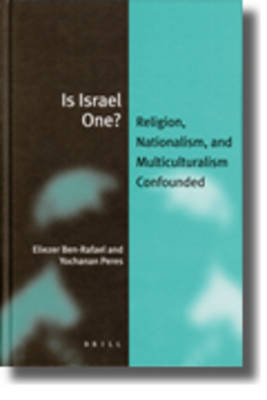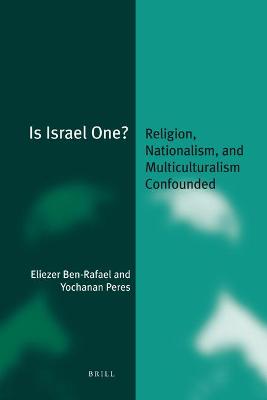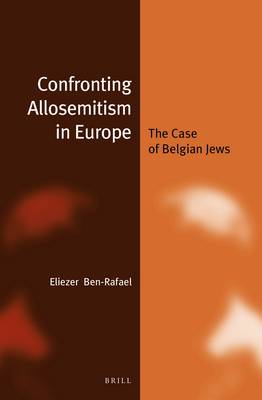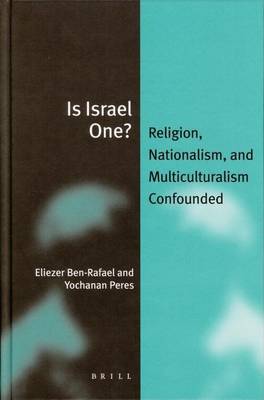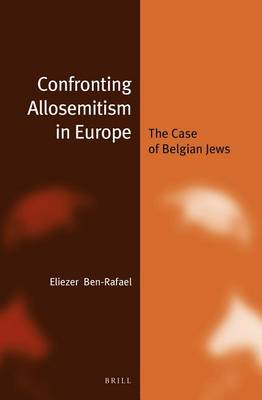Jewish Identities in a Changing World
4 primary works • 6 total works
Book 5
This book delves into Israeli society where internal divides have emerged from divergent value systems in a context of powerful globalization, immigrant–society behavior, and a sharp majority–minority division. A short but hectic experience, Jewish nationalism draws its vitality from reformulations of ancestral symbols which permeate the dynamics of the confrontations of the dominant culture and numerous parties, all contesting its exigencies. Israel's conflicts revolve around this issue, forming a unique dynamic of multiple interacting forces of convergence and divergence. This case raises several major questions about the sociology of multiculturalism.
Is Israel One?' was selected Choice Outstanding Academic Title in 2006.
Is Israel One?' was selected Choice Outstanding Academic Title in 2006.
Book 5
This book delves into Israeli society where internal divides have emerged from divergent value systems in a context of powerful globalization, immigrant–society behavior, and a sharp majority–minority division. A short but hectic experience, Jewish nationalism draws its vitality from reformulations of ancestral symbols which permeate the dynamics of the confrontations of the dominant culture and numerous parties, all contesting its exigencies. Israel's conflicts revolve around this issue, forming a unique dynamic of multiple interacting forces of convergence and divergence. This case raises several major questions about the sociology of multiculturalism.
Is Israel One?' was selected Choice Outstanding Academic Title in 2006.
Is Israel One?' was selected Choice Outstanding Academic Title in 2006.
Book 16
Jews and Jewish Education in Germany Today
by Professor of Sociology Eliezer Ben-Rafael, Y Sternberg, and Yitzhak Sternberg
Published 1 January 2011
In the context of their recent dispersion, Russian-speaking Jews have become the vast majority of Germany's longstanding Jewry. An entity marked by permeable boundaries, they show commitment to world Jewry, including Israel, but feeble identification with their hosts. While Jewish singularity is understood here more as "belonging" than "believing", Jewish education is viewed as a must.
Book 21
Only a few decades after the Holocaust, Belgian Jews, like most European Jewries, are under the attack of forces stemming from a variety of sources. How do they confront and stand these new hardships? Research done all over Europe from 2012 through 2013 tried to answer this question. Among the cases investigated, the Belgian Jewry is one of the most interesting. It is both versatile and representative, revealing essential components of the general experience of European Jews today. Conceptual considerations pave the way to the study of their plight that has been, by any criterion, anything but "usual". Belgian Jews, it appears, are "like" many other Jewries in Europe but "a little more". They highlight the question: is allosemitism at all surmountable?
Confronting Allosemitism in Europe (Paperback)
by Professor of Sociology Eliezer Ben-Rafael
Published 17 April 2014
